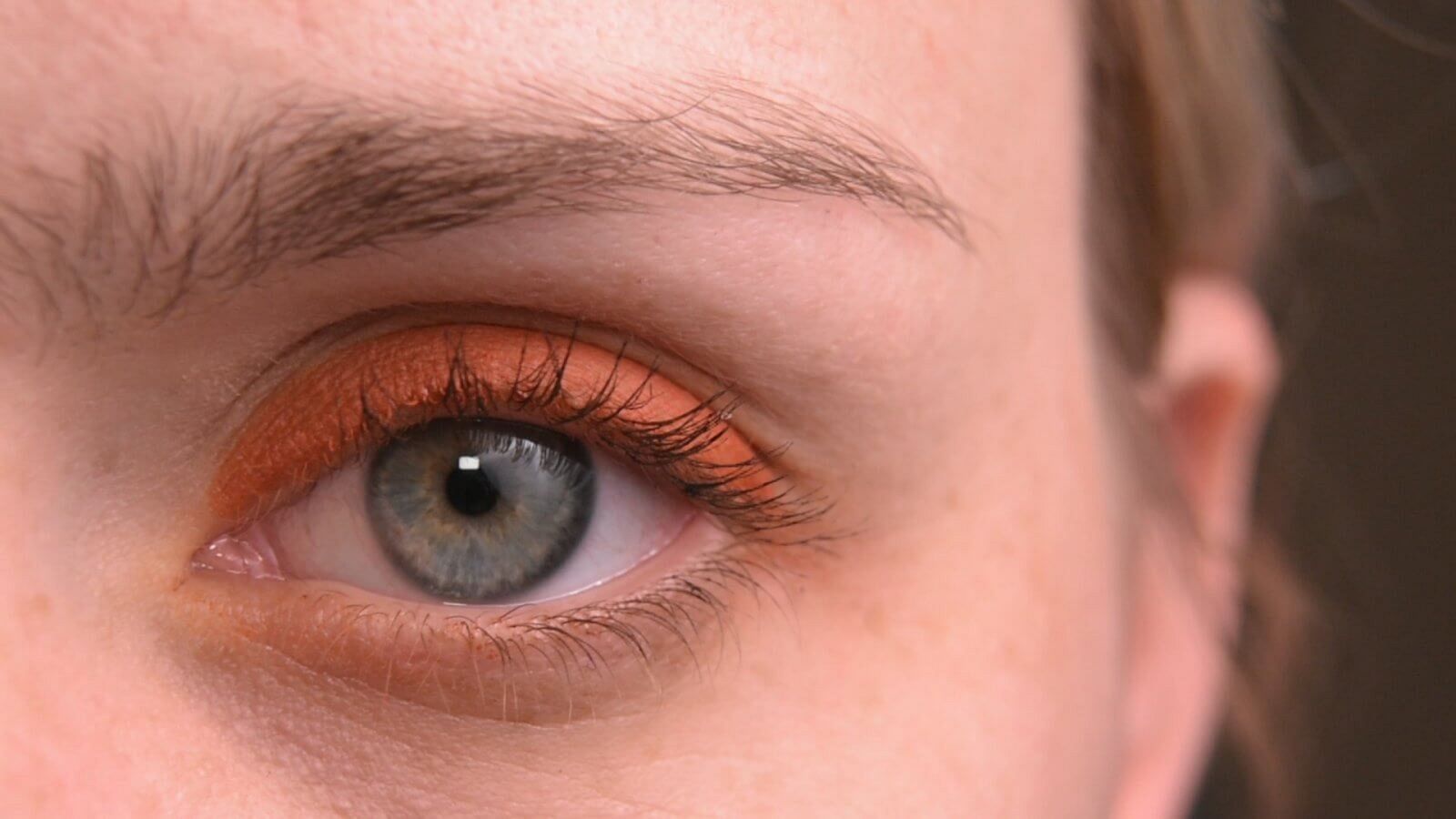
Lucija Novosel is a Croatian product designer based in The Netherlands. In 2017 she graduated with a Bachelor’s degree in Industrial design at Faculty of Architecture - School of Design at Zagreb University, Croatia. Motivation to widen her perspectives takes her to The Netherlands in 2018. Two years later she obtains a Master’s degree in Industrial design at Royal Academy of Art The Hague.
During the years Lucija cooperates in several smaller freelance projects in the category of personal and beauty care. Creating product concepts for the major German cosmetics brands. Aside from design, her interests lay in business strategy and marketing. Creative qualities and strategic thinking came together in Lucija's latest participations in student business competitions. Pleasant and fruitful team work takes her to the finals of two competitions during 2019 - Sustainable Business Battle 2019 (Leiden, NL) and Boston Consultancy Group's Strategy Cup 2019 (Prague, CZ).
"My graduation project "Traceless Trends" reflects my approach to a design problem. I am attracted to the complexity of systems and believe design can solve major issues if we work from the base. The concepts and designs I create are always based on novelty and practicality with aesthetics following at the second stage of the process."
Contact me at: lucija.novosel@gmail.com
GRADUATION PROJECT
Traceless Trends is a design project that challenges the traditional notion of a makeup product. The project is based on exploration of the current makeup industry with a goal to uncover paths to sustainability in today's context, shaped by social media.
The process resulted with a concept that changes the role of a consumer from a passive to an active one and overall alters existing power relations within a makeup product. Colours are separated from a liquid base. The two come together at the moment of application when a user mixes them in a desired ratio. Creating a new product each time. Consumers, by creating and sharing their skills and ideas on social media, are now producers themselves. A makeup tutorial becomes a step in a production process. Relative to that, makeup product is measured in number of applications instead of in milliliters and grams. Application as a new measuring unit presents the possibility to decrease difference between what we produce and what we consume where the environmental sustainability comes into the picture.
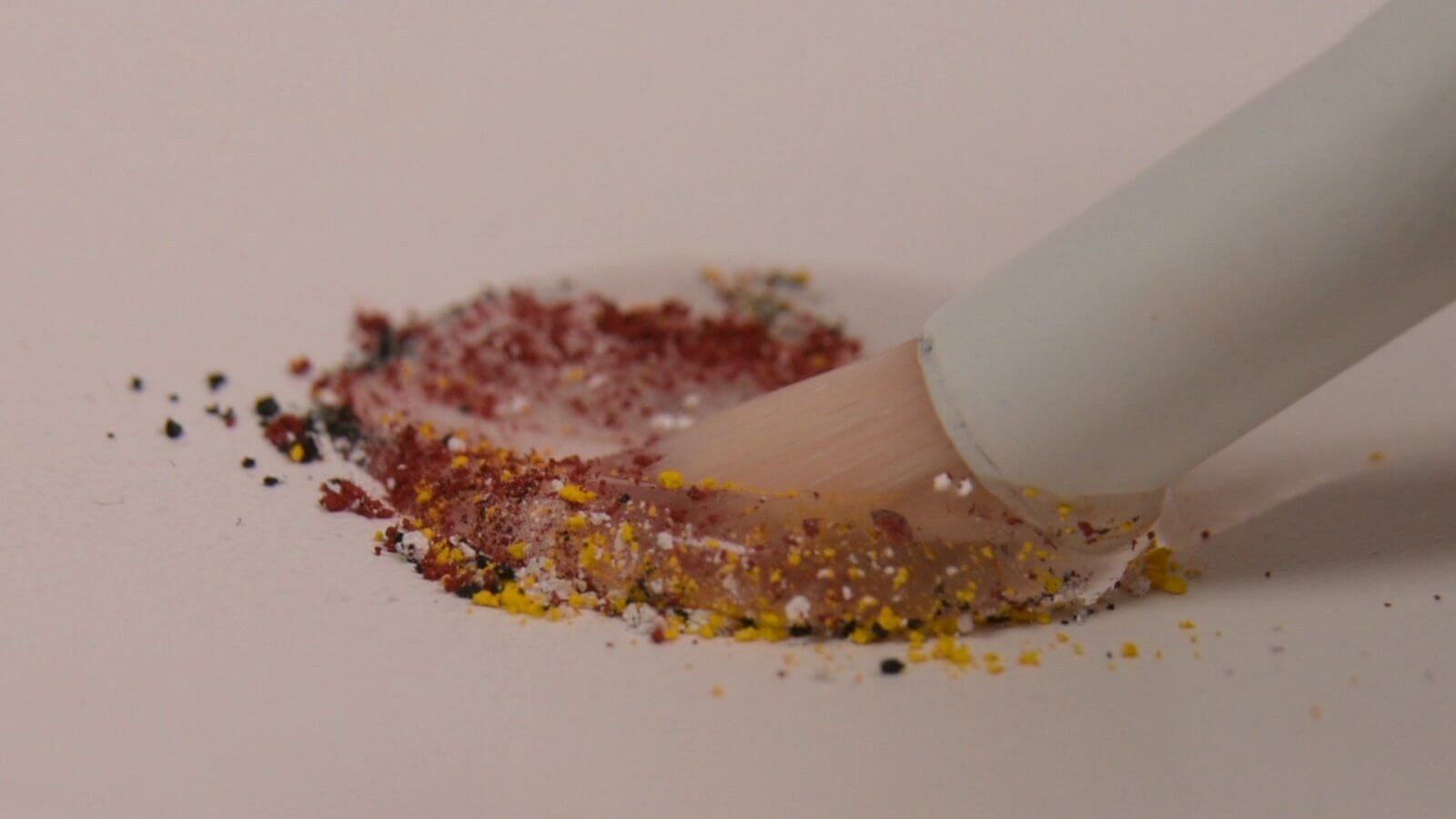
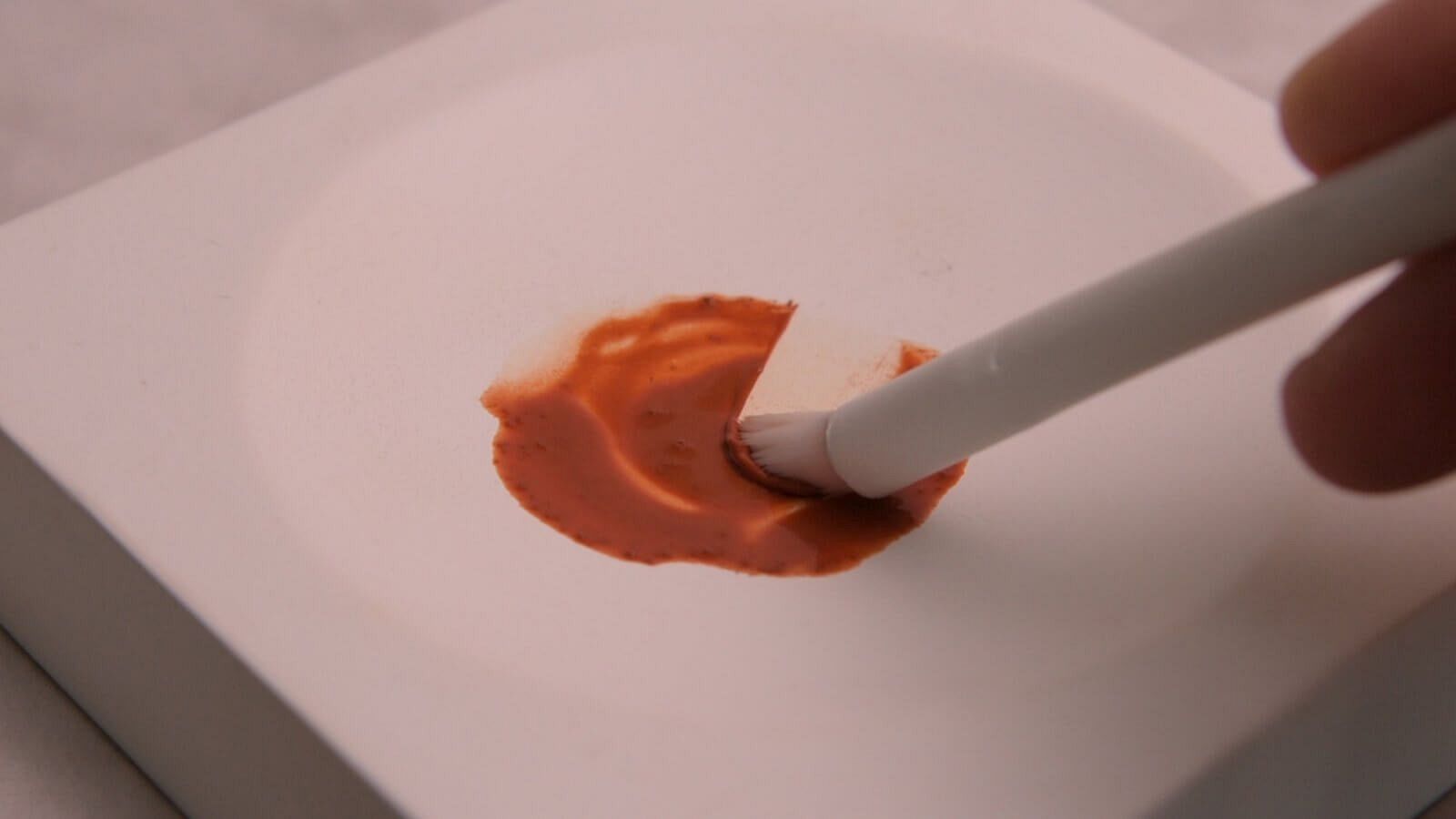
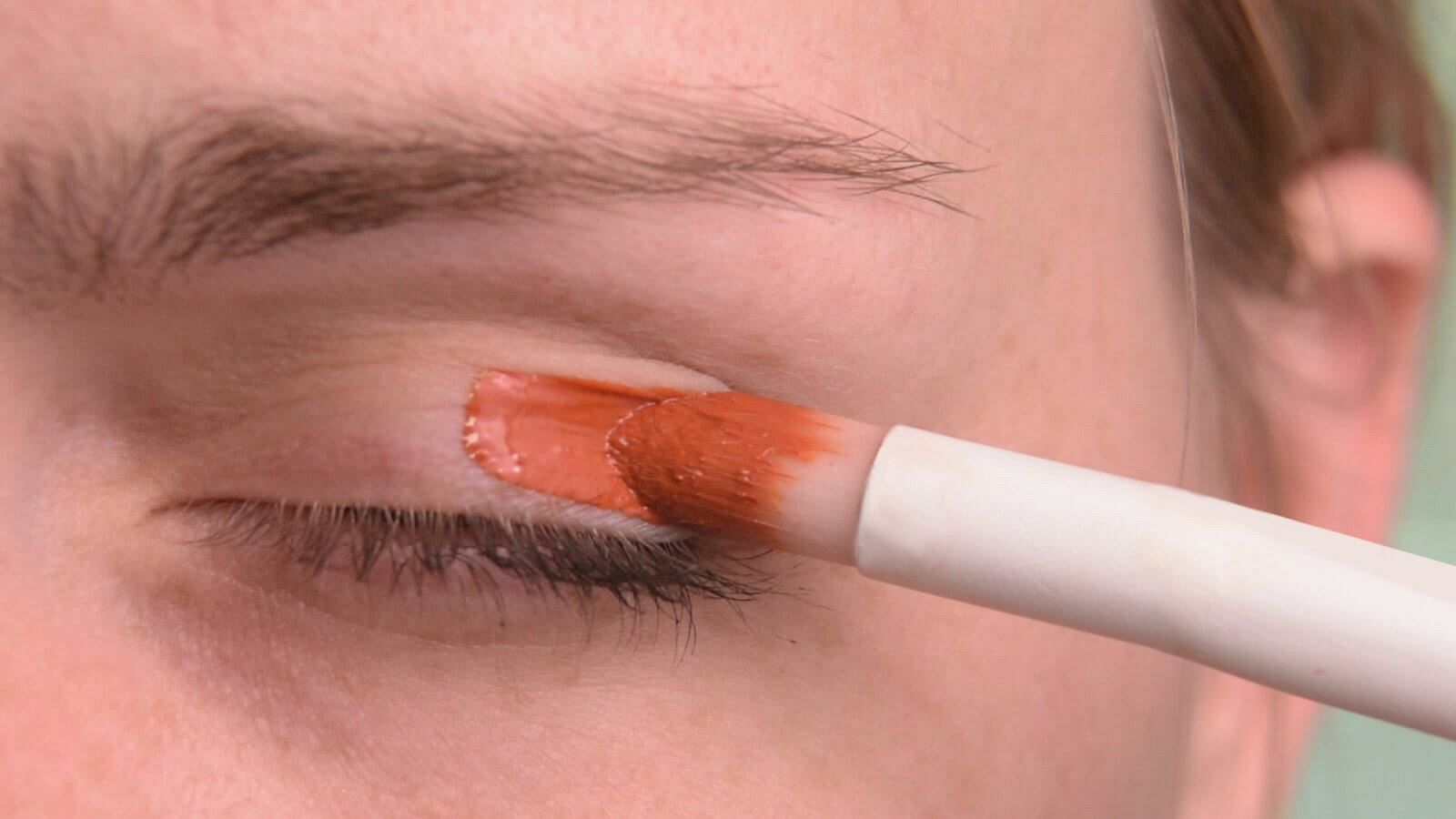
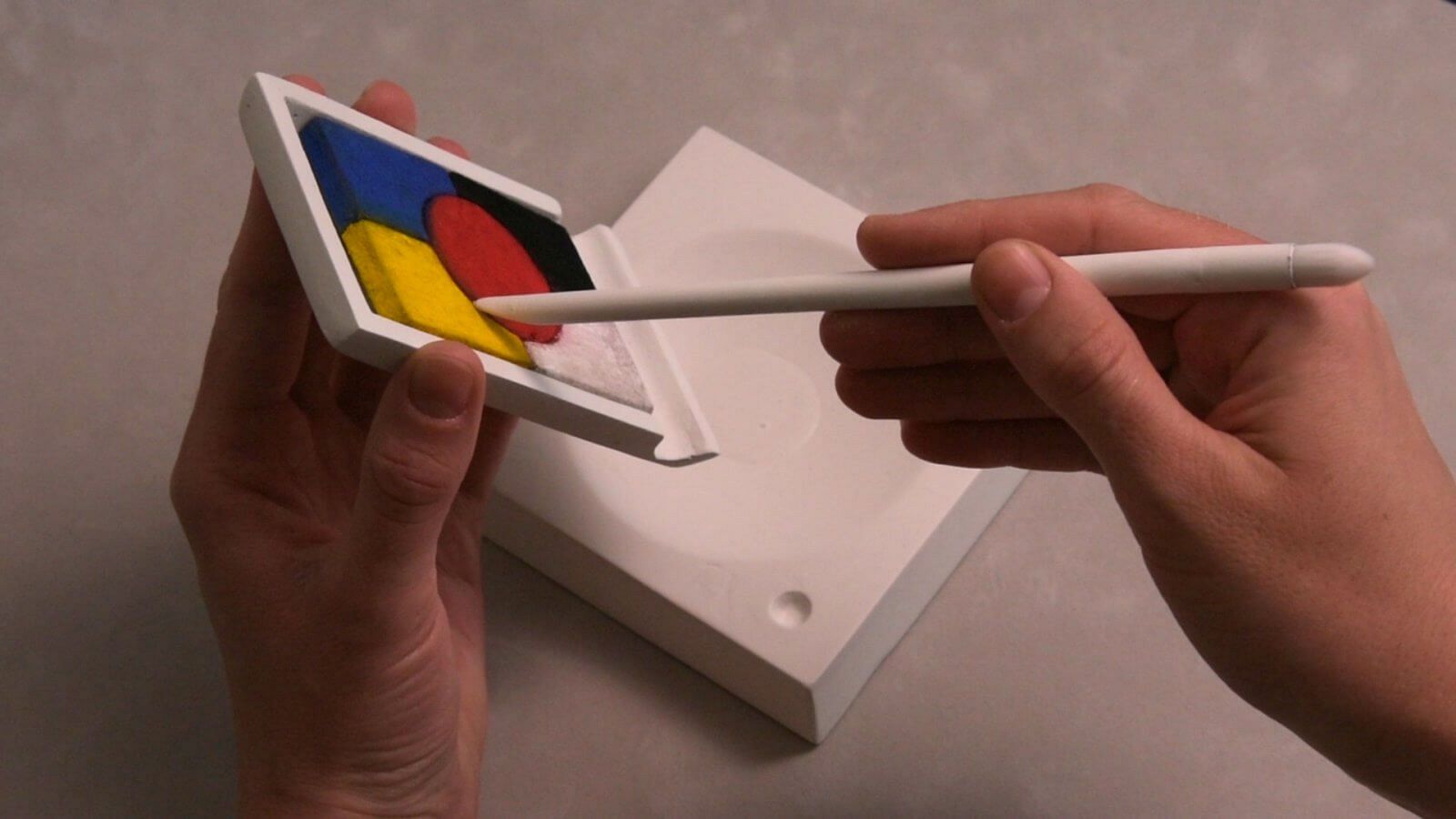
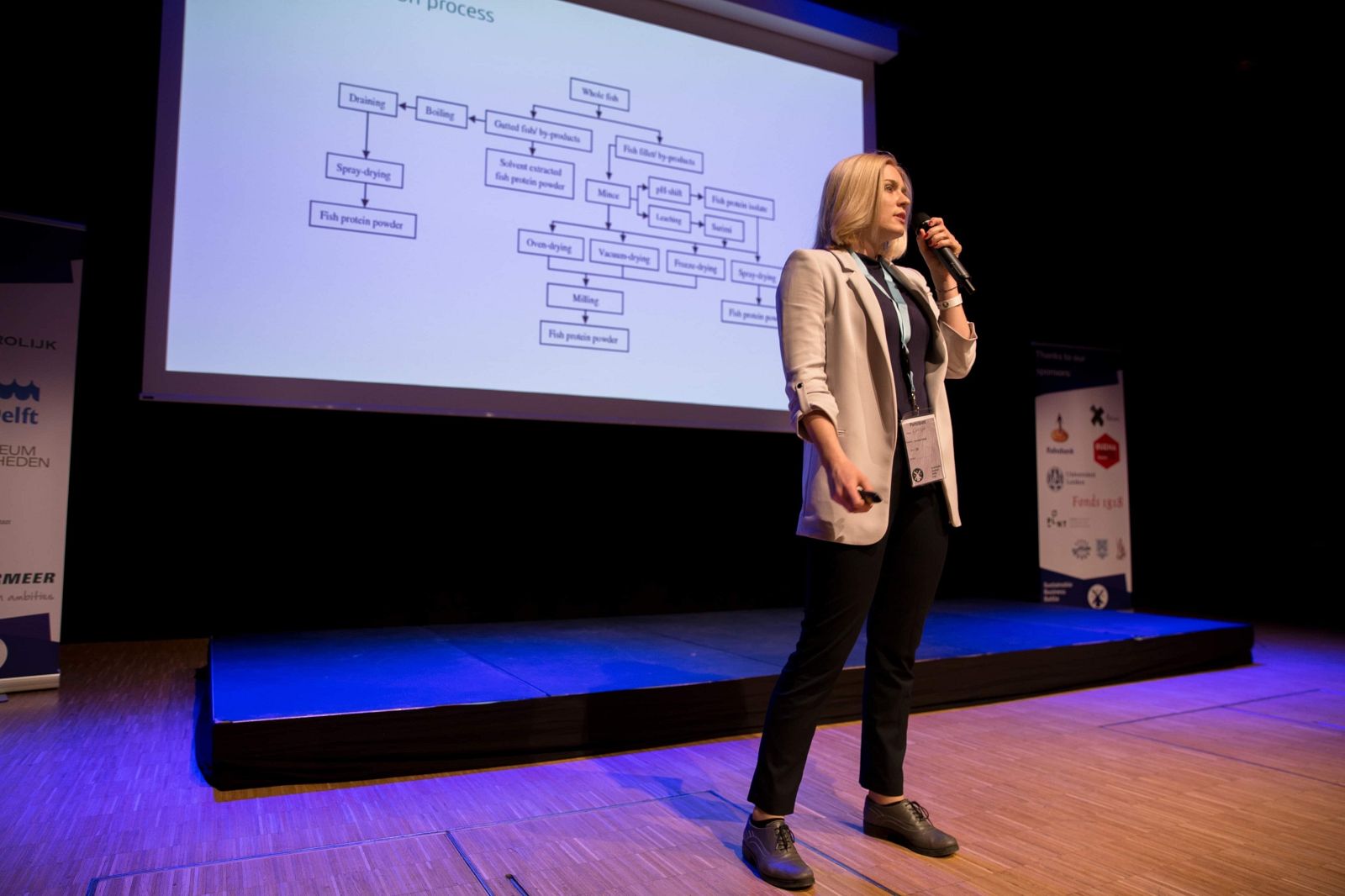
THESIS
Sustainability in the makeup industry – Digital media as a mediator of sustainable consumption practices
The makeup industry is a multi-billion dollar industry that experiences economic growth year after year now. Increase in profits is sustained by a constant flux of trends this industry relies on. For decades now mass production and mass advertising formed a closed system controlled by big corporations. However, the context in which makeup is consumed started to change with the emergence of the Internet. Internet technologies enabled its users to interact and share their experiences with the rest of the World. Today, user-generated makeup tutorials on social media accelerate exchange of trends and facilitate purchases. The context shapes and maintains a strong throw-away culture. Over-consumption is directly connected with environmental issues that are increasingly jeopardising Earth's life-support systems. Complex makeup packaging is unrecyclable while an average consumer nowadays disposes around 87% of makeup products they own without a regular use. Despite efforts to reach sustainability goals, changes are slow to enter the well-established system. However, the new context presents us with not only challenges but as well uncovered opportunities. My research is an exploration of decorative cosmetics industry in the context of the digital age. Rise of the “beauty influencer” on social media, gadgets that allow fully customized makeup experience, alternative ways promoted through DIY videos are some of the occurrences that actively shape the way we consume makeup. How can the new aspects help us create a way to sustainable future of the makeup industry?